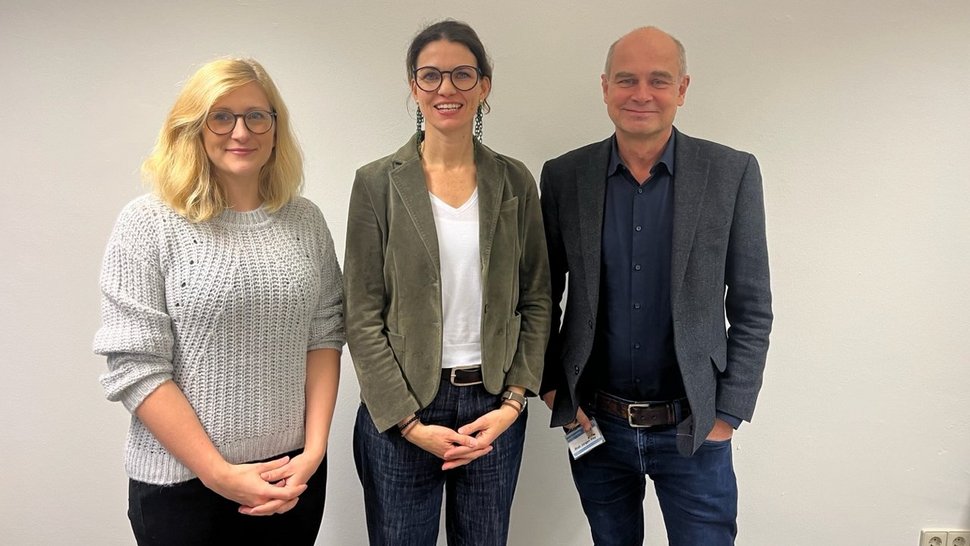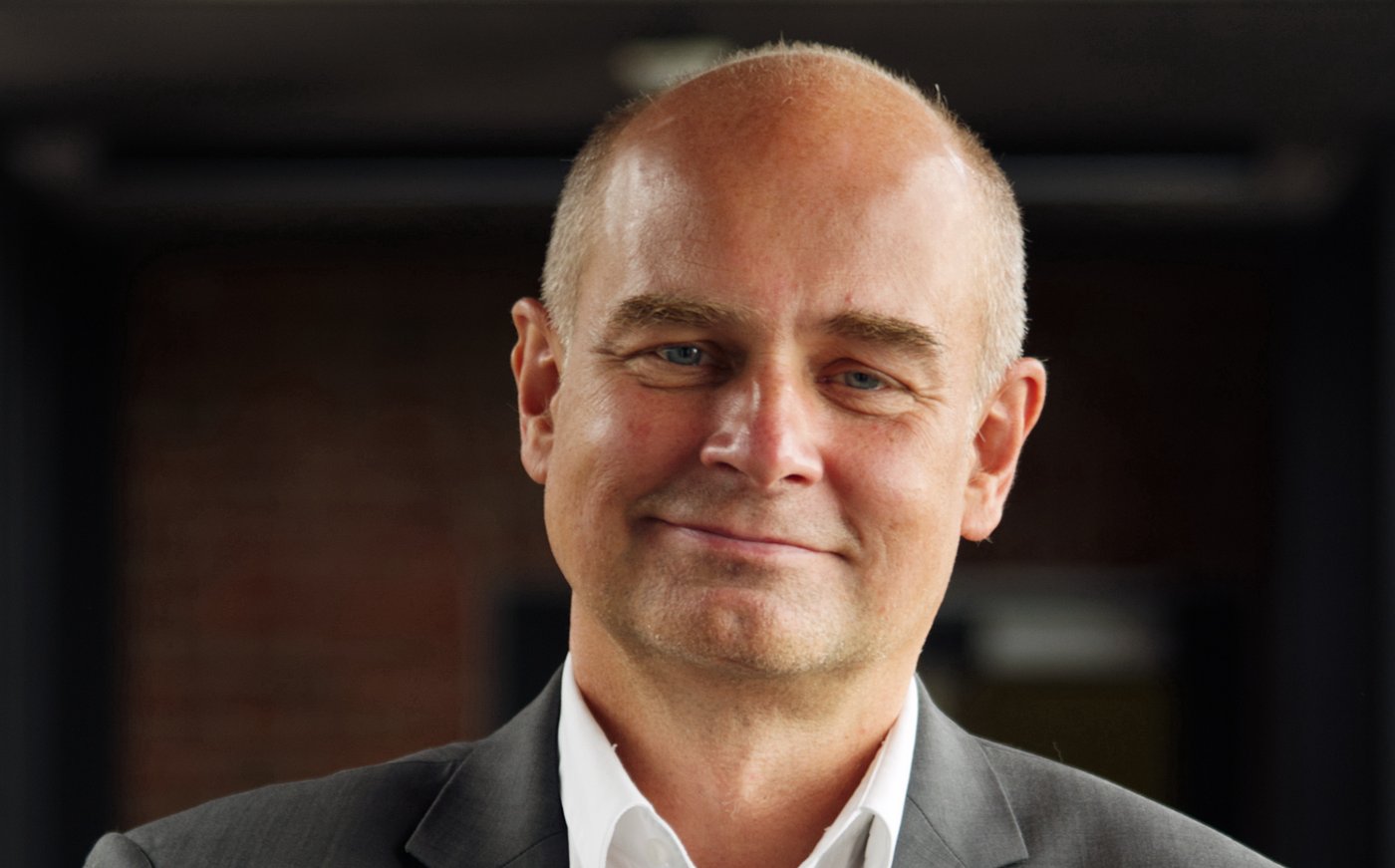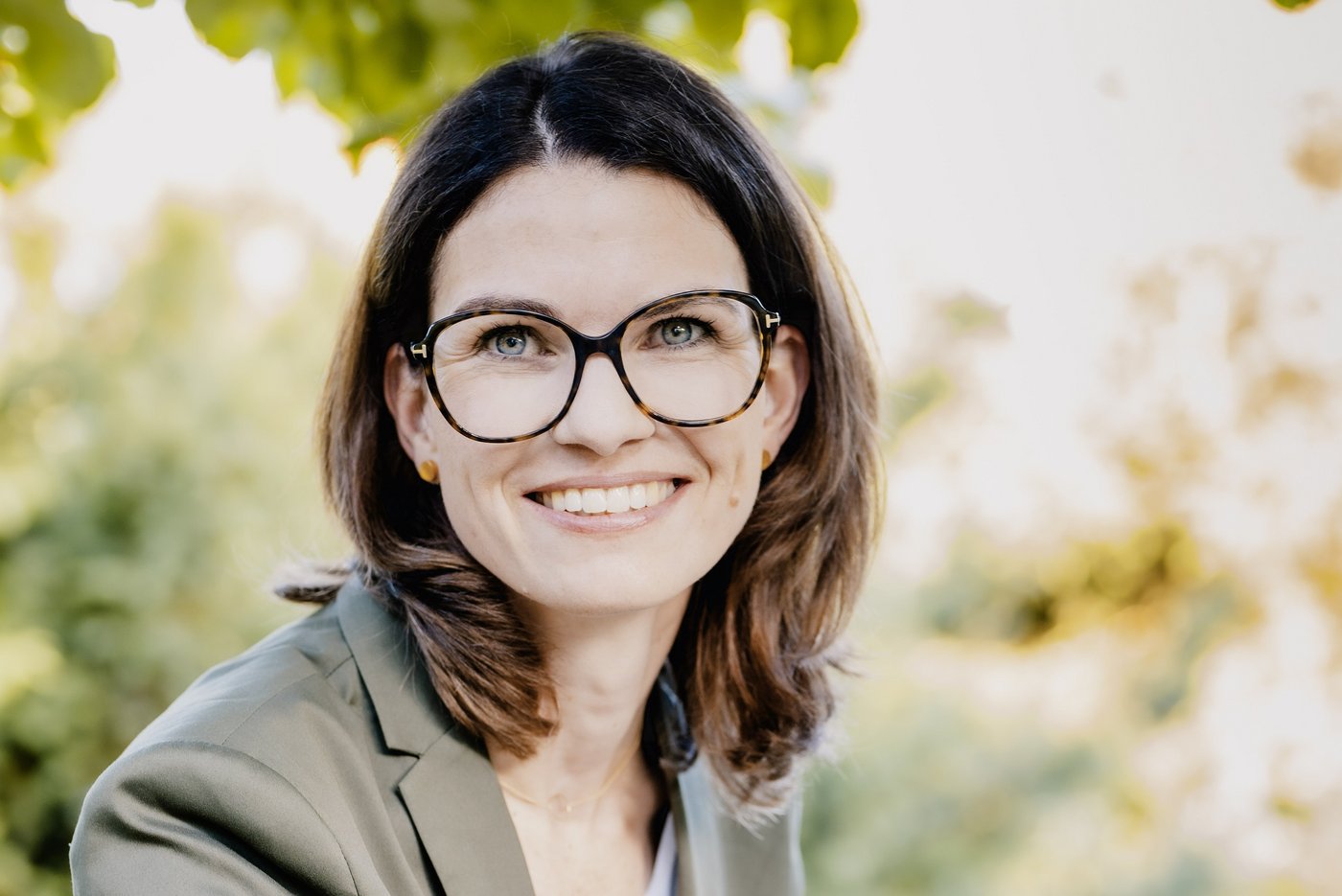BNITM supports WHO even more strongly in global health care
Further WHO Collaborating Centre at the institute
The Bernhard Nocht Institute for Tropical Medicine (BNITM) has another WHO Collaborating Centre: the World Health Organization (WHO) has appointed the Health Communication Working Group as a Collaborating Centre for Behavioural Research in Global Health (BRIGHT). It will support the WHO in its goal of improving global healthcare with the help of findings from behavioural research. The Department of Virology at the BNITM is already a WHO Collaborating Centre for arboviruses and haemorrhagic fever viruses.

The success of health measures depends largely on people's behaviour. The COVID-19 pandemic has clearly demonstrated this. Medication, vaccinations and masks can benefit the entire population if many people use them. The psychological factors that play a role in this are being researched by Cornelia Betsch's Health Communication working group at the Bernhard Nocht Institute for Tropical Medicine.
Behavioural science approaches have also become an important part of the WHO's work. As part of a resolution on behavioural and cultural insights, the European member states in particular have agreed to incorporate behavioural science more strongly into healthcare. For example, relevant data from the COVID-19 pandemic is to be used to be better prepared for future pandemics. In Germany, the COSMO study conducted by Prof. Betsch in particular has provided information on people's behaviour during the pandemic. The new Collaborating Centre will now process such data from other member states, supplement it with further surveys and provide the WHO with new findings. In addition, the Health Communication Working Group will also advise the WHO on current global health challenges via BRIGHT.
These include questions such as:
- How do people decide in favour of or against vaccinations?
- What favours a cautious use of antibiotics?
- How can willingness to act against climate change be recorded and increased?
The team will support the World Health Organisation in three areas over the next four years. It will
1) process the Europe-wide COSMO pandemic data in order to better understand pandemic behaviour,
2) examine behavioural science phenomena known from international studies and
3) bring behavioural science into areas outside of research and make it usable.
This is because people outside of research should also be able to make better use of behavioural science findings to shape health-promoting measures, political strategies and the handling of global health challenges.
In the long term, the researchers want to examine the extent to which the behavioural science answers can be replicated and transferred to different cultures and contexts.
The cooperation centre will initially run for four years and can then be extended upon application and review by the WHO. It is headed by Prof Cornelia Betsch and Dr Sarah Eitze.
Hamburg's Science Minister Katharina Fegebank: "When health and behavioural science are combined, this is exemplary for the success of interdisciplinary work in Hamburg. The fact that the Bernhard Nocht Institute for Tropical Medicine has once again been honoured by the WHO confirms the outstanding research work being carried out here. A great success for the Institute and a huge gain for application-orientated research in Hamburg. Congratulations to everyone involved on this great achievement!"


Prof. Dr Jürgen May, Chairman of the BNITM Executive Board: “The WHO Collaborating Centre is an excellent fit for the BNITM in terms of content. It is important to research how people react and what drives them when epidemics spread. And this varies culturally and needs to be analysed worldwide. BRIGHT is an important contribution to our future strategic direction.”
Prof. Dr Cornelia Betsch, Director of the WHO Collaborating Centre for Behavioral Research in Global Health: "The climate crisis is increasing the challenge of how we can improve health for all. We need the best possible health systems, and we need people who understand and want to actively use them. That is why good behavioural research and the implementation of its results are essential."

The WHO Collaborating Centres
A WHO Collaborating Centre is appointed by the Director-General of the WHO. It is part of an international cooperation network of the World Health Organisation. The WHO does not maintain its own research facilities. It relies on national universities, institutions and research centres for its work. This enables it to integrate their knowledge into its international health programmes.
About the Bernhard Nocht Institute for Tropical Medicine (BNITM)
The Bernhard Nocht Institute for Tropical Medicine (BNITM) is Germany's largest institution for research, care and teaching in the field of tropical and emerging infectious diseases. BNITM research has always focussed on global health / One Health and on translation - the transfer of basic research into application. This research approach is also reflected in the five sections of the institute: Pathogen (pathogen) -> Interface (immunology, host/pathogen) -> Patient (clinic) -> Population (epidemiology) -> Implementation (successful establishment of knowledge).
Current thematic priorities are malaria, haemorrhagic fever viruses, neglected tropical diseases (NTDs), immunology, epidemiology and the clinic of tropical infections as well as the mechanisms of virus transmission by mosquitoes. For the handling of highly pathogenic viruses and infected insects, the institute has laboratories of the highest biological safety level (BSL4) and a safety insectarium (BSL3). The BNITM's mobile laboratories are available for global outbreak control of highly pathogenic or highly infectious viruses.
The BNITM is the National Reference Centre for the detection of all tropical infectious agents and WHO Collaborating Centre for Arboviruses and Haemorrhagic Fever Viruses and is a member of the Leibniz Association.
Together with the Ghanaian Ministry of Health and the University of Kumasi, the BNITM operates a modern research and training centre in the West African rainforest, which is also available to external working groups. The institute also maintains numerous other collaborations in other African countries such as Gabon, Nigeria, Tanzania and Madagascar.
Contact person
Prof. Dr Cornelia Betsch
Research Group Leader
Email : cornelia.betsch@bnitm.de
Dr Sarah Eitze
Research Group Health Communication
Email : sarah.eitze@bnitm.de
Julia Rauner
Public Relations
Phone : +49 40 285380-264
Email : presse@bnitm.de






